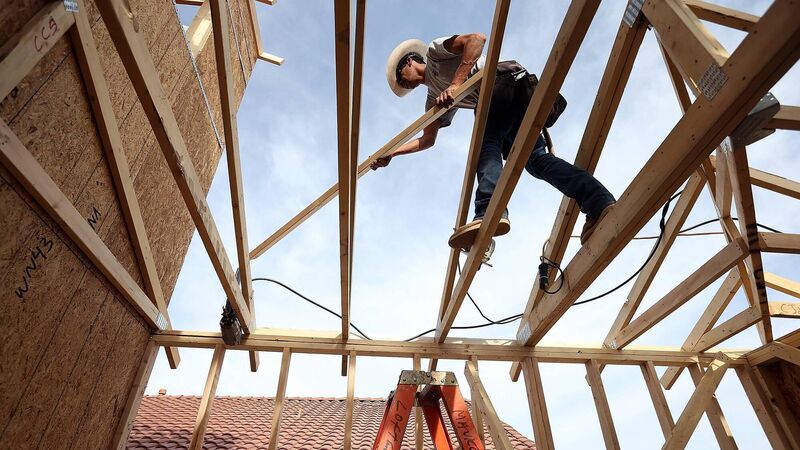Inadequate housing supply 'costly' to Ireland's economy, Dáil committee to hear

Shortage of zoned land, particularly in Dublin and the other urban centres, 'a critical bottleneck to housing delivery'. Picture: Getty
Ireland’s economy faces unprecedented risks in the coming years, with the current geopolitical situation leading to uncertainty “twice as high” as it was during the early days of covid-19, according to the Central Bank of Ireland.
The banking regulator will, together with the Economic and Social Research Institute, address the Oireachtas housing committee on Tuesday regarding the challenges facing the Irish housing market.










